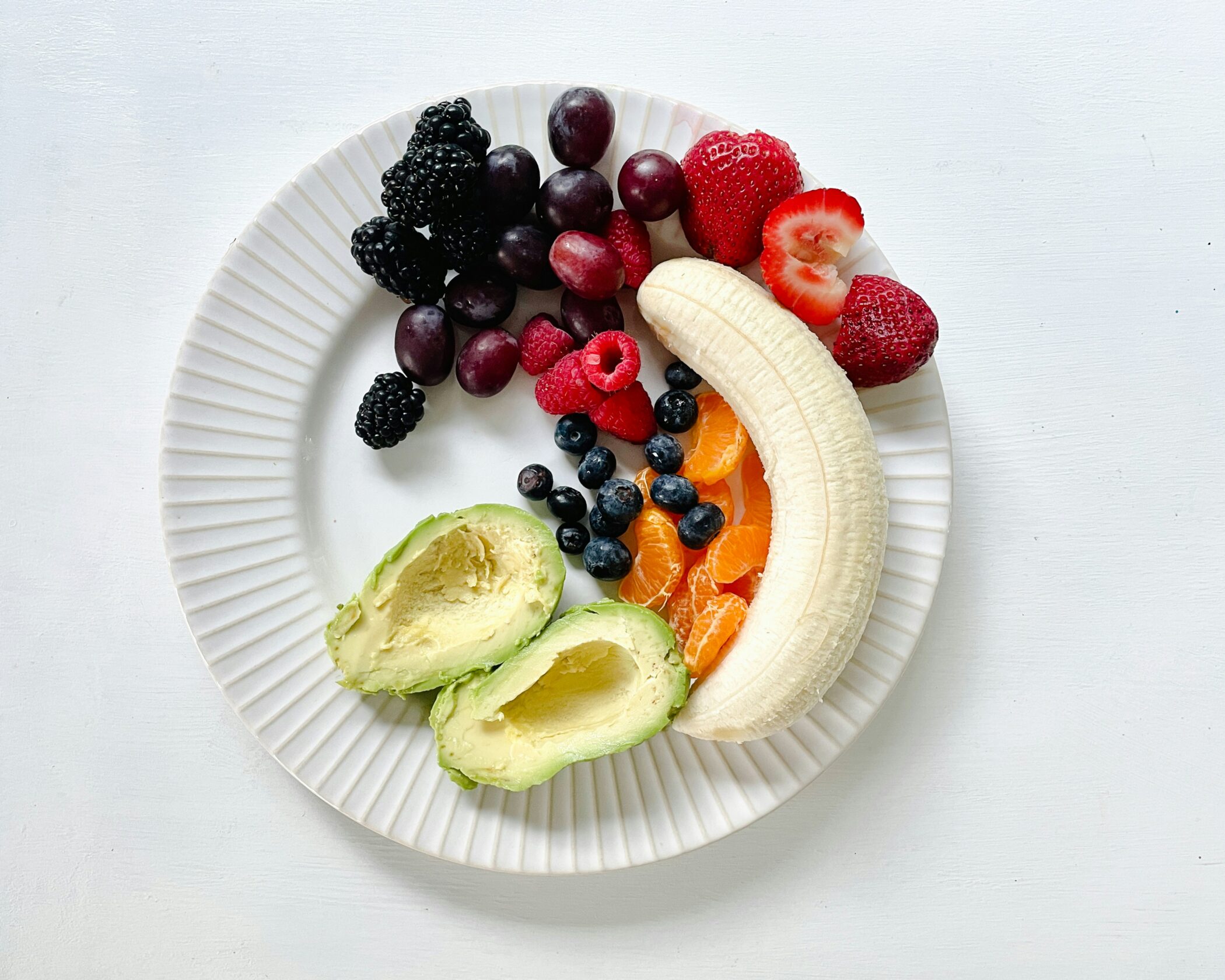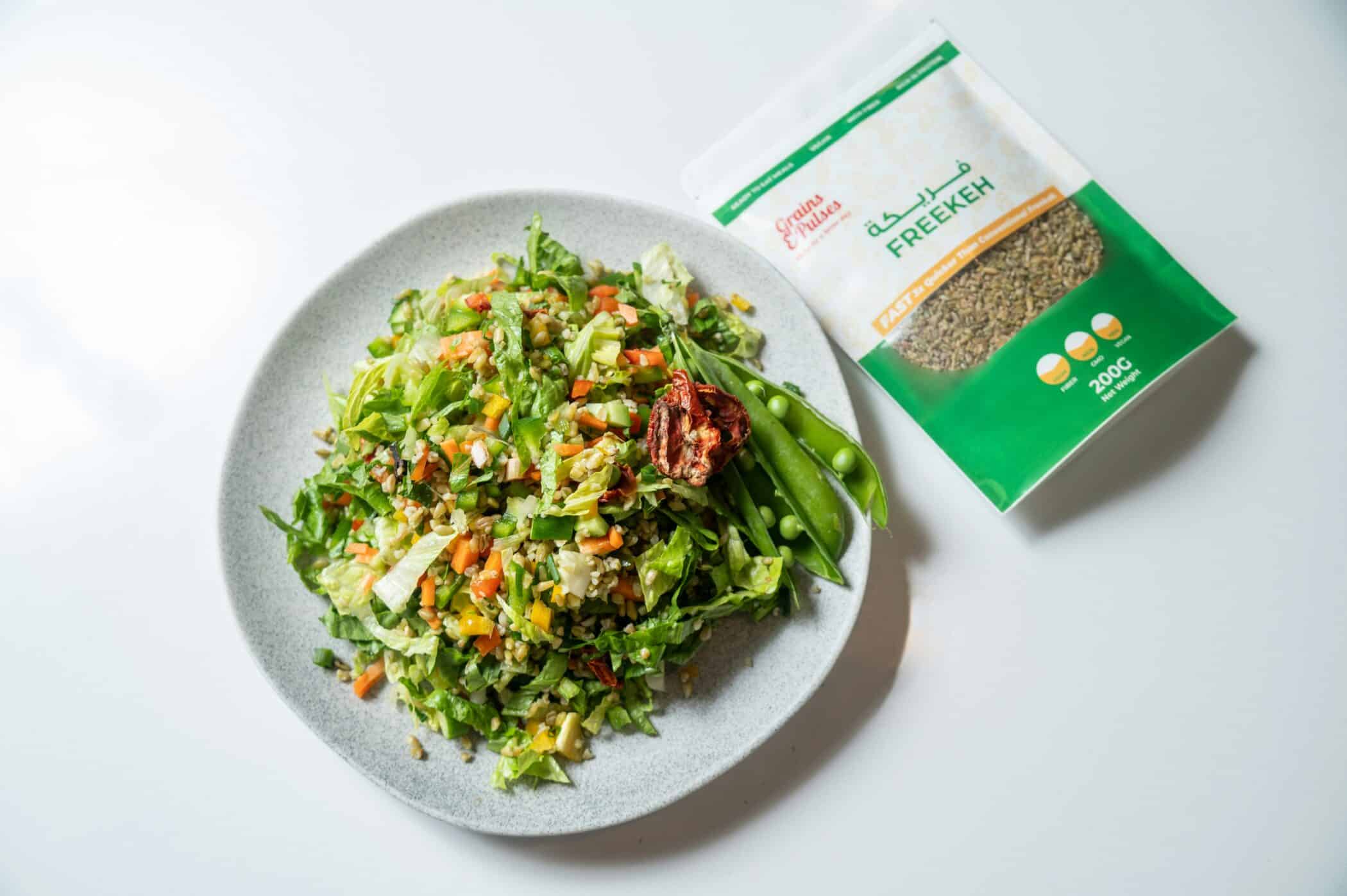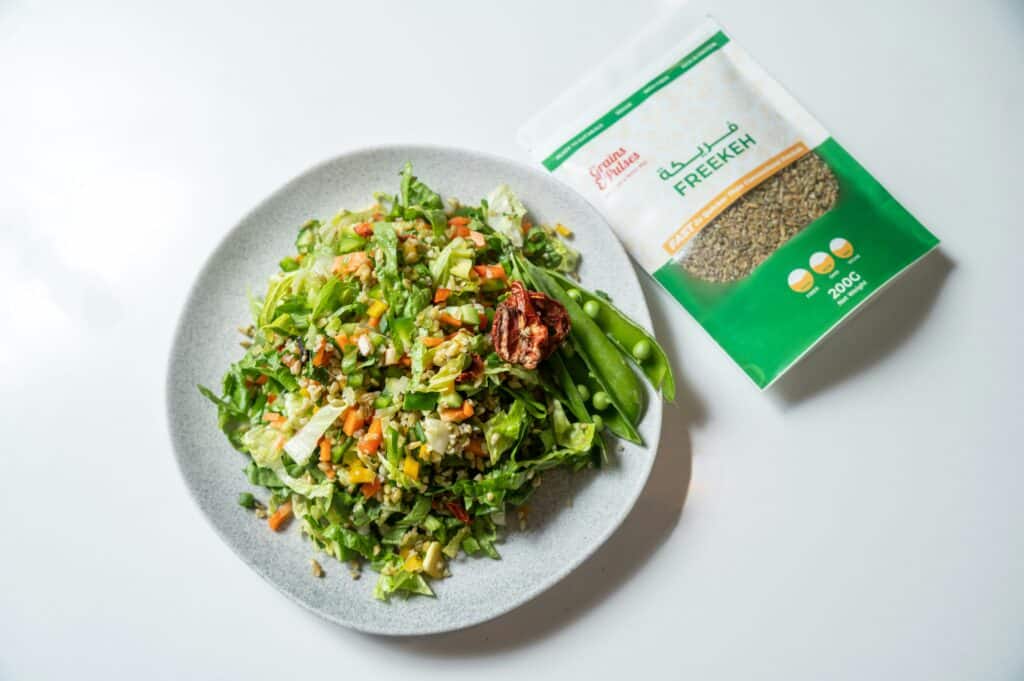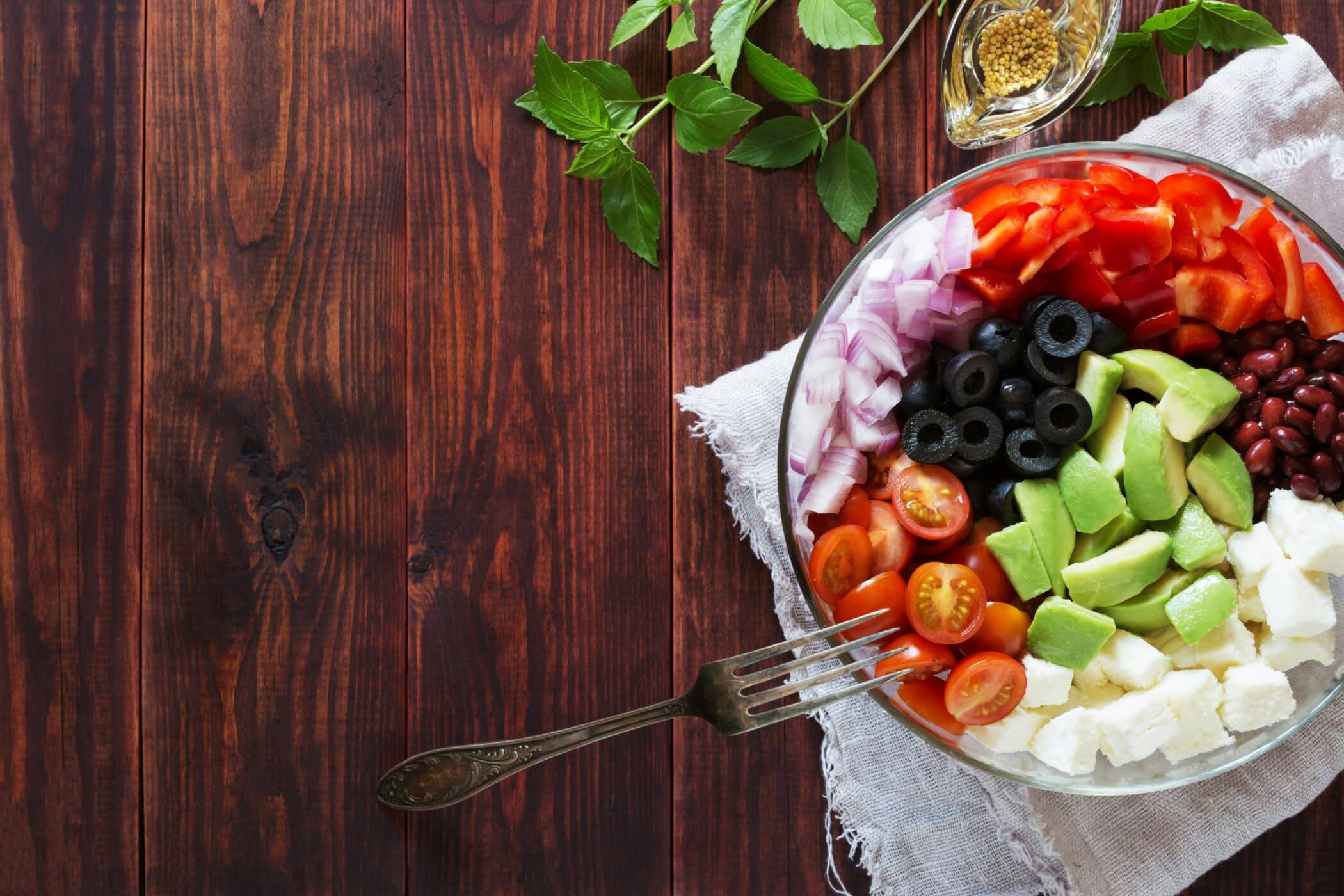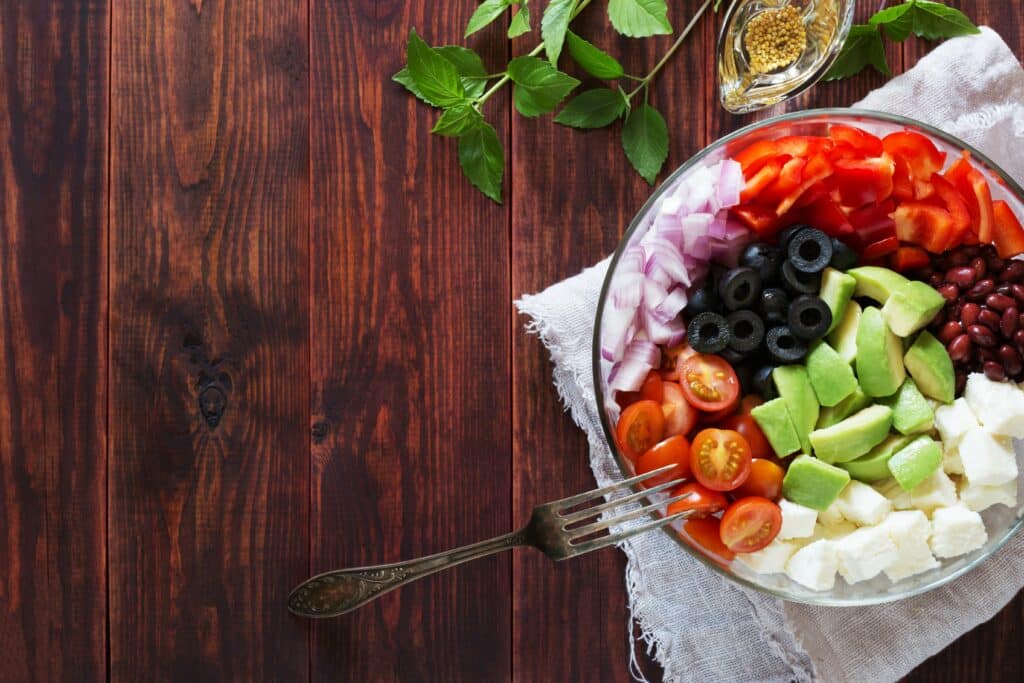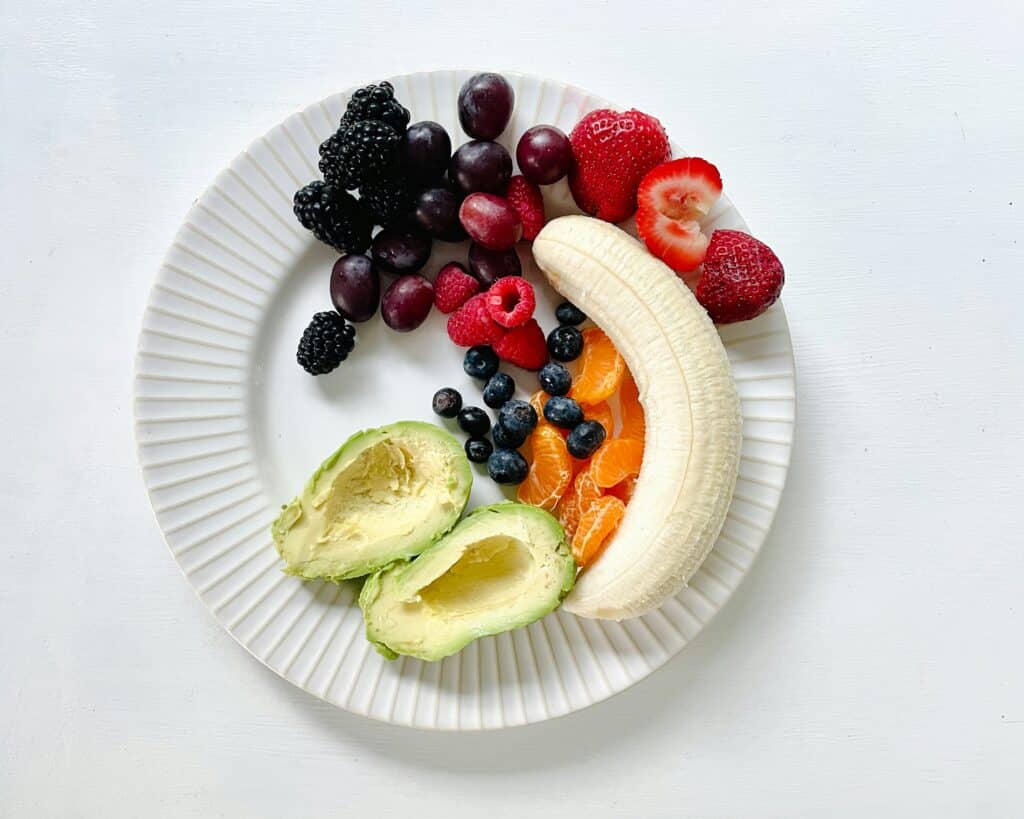
Losing weight is no mean feat. There’s a lot of sacrifice involved, regarding both the food you like as well as your time and effort. If you feel pressed for time, fortunately, there’s an option to lose weight fast with a healthy meal service that delivers right to your doorstep.
Healthy Meal delivery services bring prepared meals to your home. They merely need to be warmed up. On the other hand, meal delivery kits come with pre-portioned supplies and recipes. These meals are prepared and cooked at home. Nowadays there are various online and offline outlets available in our surroundings that that can provide healthy meal service. The best example for online websites includes jetfuelmeals.com. Their customers’ reviews are the biggest achievement. It is one of the reasons that they are ranked at the top position among so many different meal delivery services.
A user picks the types and number of meals they want to order each week in both circumstances. The majority of brands offer both one-time purchases and subscription options.
The use of a meal delivery service can help you save time and avoid wasting food. People with weak cooking skills or those who wish to test new recipes without the effort of grocery shopping may find these services appealing.
How to lose weight fast using a healthy meal service:
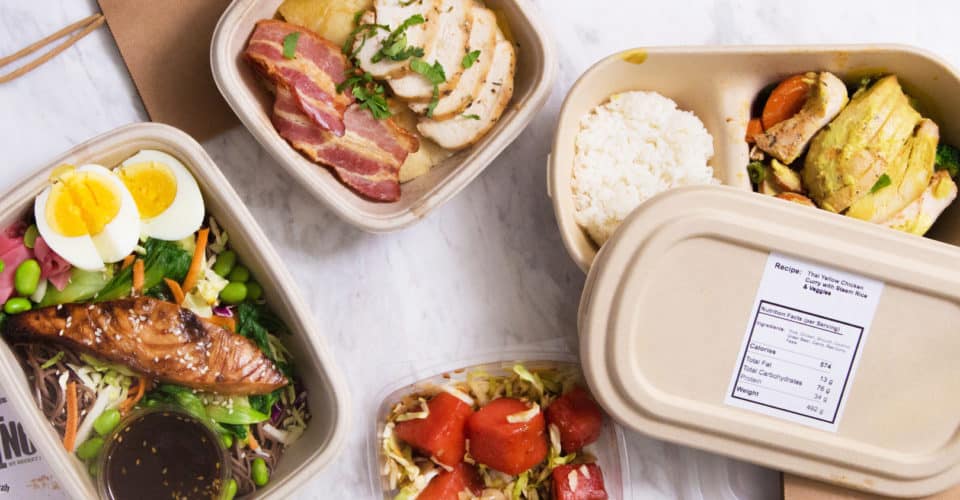
Whether or not having meals delivered helps a person lose weight is dependent on the following factors:
- the kind of food
- the remainder of the individual’s diet
- the health and weight of the individual
- how much and what type of exercise a person engages in
- whether or not the person is calorie-deficient
Because the quantity of these meals is predetermined, using a delivery service may help a person consume fewer calories overall.
Some studies have looked into whether food delivery services might help people lose weight.
A study conducted in 2021 looked at 1,740 obese adults who utilized Food smart, digital meal planning, and a shopping platform. Food smart supplied tailored meal planning to study participants, and they used an app to order meal kits, groceries, and prepared items.
Meals prepared with fresh ingredients from a delivery service may resemble home-cooked meals, according to some studies, and home cooking may aid weight loss.
In the United States, a large population-based study evaluated the effects of eating home-cooked meals more than five times a week against eating them less than three times a week.
The scientists determined that 39.3% of those who ate home-cooked meals more than five times each week dropped at least 5% of their baseline weight. Additionally, for up to three years, 22.4 percent of these patients maintained a weight decrease of at least 5% of their baseline weight.
The study also showed that persons who ate more home-cooked meals were 28 percent less likely to become obese and 24 percent less likely to have extra fat, according to their BMI. To recap, some research suggests that making food at home can aid weight loss and maintenance. This could imply that food delivery services could aid in the implementation of a weight-loss strategy.
Best Weight-loss Meal Services In US
With so many various weight loss plans on the market, we’re giving you a head start by giving you a fast rundown of the best and the most popular choices. There’s a weight loss plan out there for everyone, from low-calorie prepared meal delivery services to keto frozen meals, Weight Watchers to Bistro, and more.
Every person is unique, and no single strategy will work for everyone. We’ve compiled a list of 13 popular weight-loss regimens, but these are our favorites:
1. Jetfuelmeals:
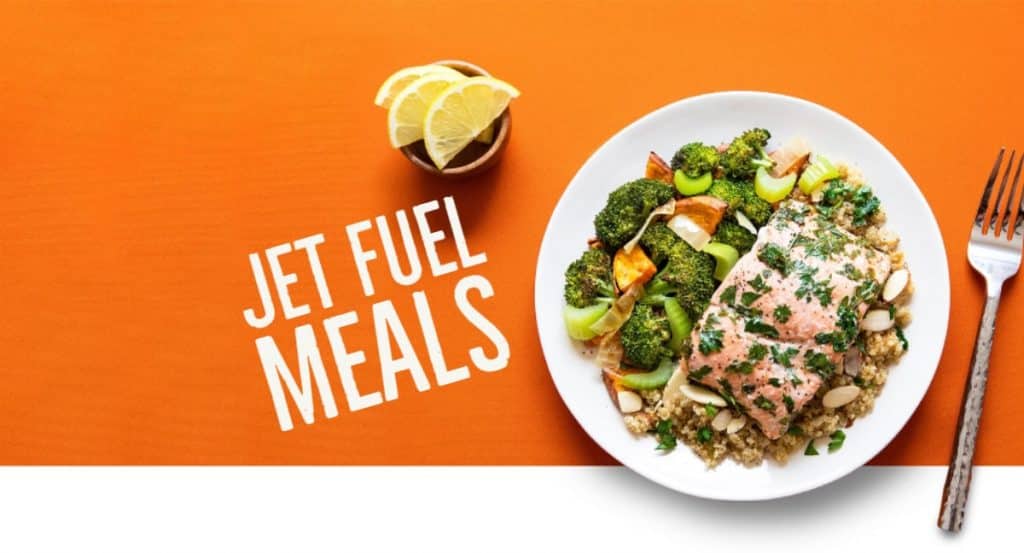
With all the research and latest updates, there is no doubt that Jetfuelmeals has proved to be the best weight loss meal service, along with so many different advantages customers can get out of them. Their franchises are continuously growing all across the globe and their meal delivery service is also impressive. They provide 24/7 meal delivery service, and their customers seem to be satisfied with their attractive dishes and delicious meal plans.
Their weight loss plan has the best reviews for clients who have been following this online platform for years now. Those who are looking to lose weight must consider Jetfuelmeals for once, and surely they will not regret their decision.
2. Veestro:
Veestro has proved to be one of the most effective meal delivery services and they take fitness freaks to a different level of nutshell where they can easily reduce their weight without reducing the standard nutritional requirement of their body.
They make a separate diet plan for different individuals based on their body mass index (BMI). They provide special meal kits to the people who want to lose weight and also make their appetite full.
Most of their recipes are focused on low-carb ingredients that can help in weight loss. They focus on providing natural food as much as possible in their meal plans.
In the weight loss plan of Veestro, one can have multiple options to customize their meal ingredients by staying a certain range of items. That’s why Veestro can be extremely helpful when someone wants to lose his/her weight.
3. Nutrisystem
It is one of the finest weight loss meal delivery services. As its name indicates, they provide their meals completely based on their nutritional importance to the human system. They have trained nutritionists who help in the preparation of healthy meals. Also, they have special food for vegetarians, diabetics, and other people who are suffering from any specific disease.
They are very specific in their meal services that they look into the nutritional requirements of men and women and make separate food for males and females.
4. Green chef:

Green Chef provides weight loss meal plans that are more organic and digestible than those of many other brands. It is comparatively new to the market, and it has started following already established brands like Jetfuelmeals, and this has earned them a lot of benefits.
Their plant-based meals are delicious for the belly.
They are continuously increasing the standard of their keto and paleo meals. And due to their excellent taste and innovative dishes, they have made it to the top 5 weight loss meal brands much earlier than others.
They are highly considering their dishes to be low carb and low calorie based.
One of these may hold the key to accomplishing your weight-loss objectives. You can choose your service and subscription according to your personal preference. These are just the top picks. There are so many more out there that can help you reach your weight loss goals.
Conclusion:
In conclusion, it’s not hard to lose weight fast with healthy meal service, but this is dependent on several factors, including meal selection and general activity levels.
Weight-loss programs are available from some brands. Low-calorie, low-carb, and plant-based alternatives are all possibilities.
While no single diet is guaranteed to work for everyone, reducing weight requires a calorie deficit, which requires a well-balanced diet and consistent exercise. Anyone who is embarking on this journey for the first time should get medical advice first.

